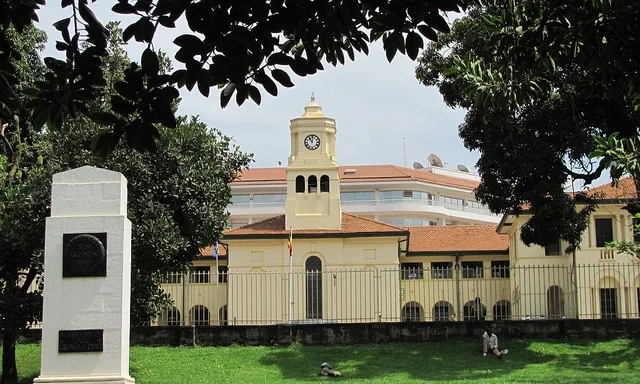Al-Shabaab Prosecutor Murdered in Kampala
/KAMPALA, Uganda - It's been almost five years since the perilous al-Shabaab bombings in Kampala, Uganda that left 79 dead during the World Cup Final. But the death toll from this terrorist group rose again after they followed and murdered Ms. Joan Kagezi, the country's chief prosecutor in this case, while she was in the car with her children. She was the head of Uganda's Public Prosecutions's Anti-Terrorism and War Crimes Division, and has been the lead on prosecuting the suspects in these bombings.
Prior to Joan Kagezi's murder, the U.S. Embassy in Kampala issued a warning of possible terrorist threats, and urged Westerners to stay away from spots that typically are known as Westerner epicenters. Depending on what intelligence they received to issue this warning, it is yet to be determined whether al-Shabaab was planning to solely seek out Ms. Joan Kagezi, or if they have other attacks planned that could also target Americans. Security forces in Kampala have now amped up measures in response.
The U.S. Embassy in Kampala issued a Facebook message stating, "[Joan] will be remembered as a brave and tireless promoter of justice, dedicated to ensuring peace and stability in her country...The United States reiterates its support for the Ugandan government’s efforts to combat international terrorism, in which Joan Kagezi played a leading role. We deplore this senseless act of violence and cowardice and join Ugandans in mourning the loss of this heroine in the forefront of the fight against crime and terrorism."
The loss of this just and influential leader through a profoundly immoral act of violence is entirely unacceptable, and Uganda, along with its international allies with relevant intelligence, must work together to bring those responsible to justice. Beyond that, it must be ensured that these acts will not be tolerated ever again.
Africa Correspondent: @JessamyNichols
LinkedIn: Jessamy Nichols





















